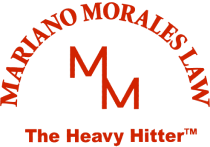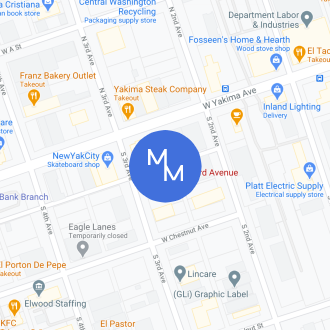Have you ever entered a business or building and seen a sign in large letters announcing some type of danger, such as “uneven flooring” or “wet floor” and wondered why the owner felt the need to put up such a big, ugly sign? The answer is that he or she was probably trying to avoid a premises liability lawsuit in the event someone was injured as a result of the danger.
In general, premises liability is the area of the law that holds a property owner, or person in possession of property, responsible for injuries that happen on the property. What that duty of care requires from the property owner depends on a number of factors. If, however, the property owner is found negligent, a victim may then be entitled to collect compensation for injuries suffered on the premises.
Who Can Be Held Responsible Under Premises Liability Law?
The owner of a property can potentially be held responsible for injuries to someone on the property. This applies to an owner of private property, such as a friend whose home you are visiting, as well as to owners of public property, such as a business, restaurant or hotel. Along with the actual owner of the property, tenants may sometimes be held responsible as well. For example, if a business is renting a commercial building, but is not the actual owner of the building, the business could also be held liable in a premises liability lawsuit if someone is injured on the premises.
What Is A Property Owner Required to Do to Protect Me from Injury?
What a property owner, or tenant, is required to do to keep you safe from harm while on the property depends, in large part, on your status. In other words, whether or not the property owner, or tenant, is found to have been negligent will depend on why you were on the property in the first place. Under Washington law, as in many states, a person who is on the property of another person is categorized according to the reason they are on the property. A visitor may be an invitee, a social guest, a licensee, or a trespasser. A property owner has the highest duty of care to an invitee and the lowest duty of care to a trespasser.
An invitee, as the name implies, is someone who was invited on to the property. In addition, an invitee must have been invited on to the property for the purpose of the property owner’s commercial gain. For example, a shop owner invites the public into a store with the intention of making money from the invitee’s purchases. Understandably, the law then holds the shop owner to the highest duty to protect anyone on the property under those conditions.
At the other end of the spectrum, a trespasser is someone who is on the property without the consent of the property owner, or tenant in possession of the property. Although the law may impose a basic duty of care toward a trespasser, it does not require nearly as much of the property owner as situations where the visitor falls into one of the other classes. A property owner generally does not have a duty to warn a trespasser of danger, for example, but may have a duty to exercise ordinary care if he or she is aware of the presence of the trespasser.
Licensees or social guests are people who fall somewhere in between an invitee and a trespasser, which calls for a duty of care less than that of an invitee but more than that of a trespasser.
If I Was Injured On Someone’s Property, Am I Due Compensation?
If you sustained injuries as a result of an accident on the property of another person or entity in the Yakima area, you may be entitled to compensation for those injuries. Much will depend on your status as a visitor and what steps the property owner or tenant took to prevent the harm that befell you. The only way to know for sure whether or not the possessor of the property was negligent is to have an experienced Yakima premises liability attorney review the facts and circumstances of your case.
The premises liability attorneys at Mariano Morales Law in Yakima can help. Contact our Washington injury lawyers today by calling (509) 853-2222 or by using our online contact form for your free initial consultation.


